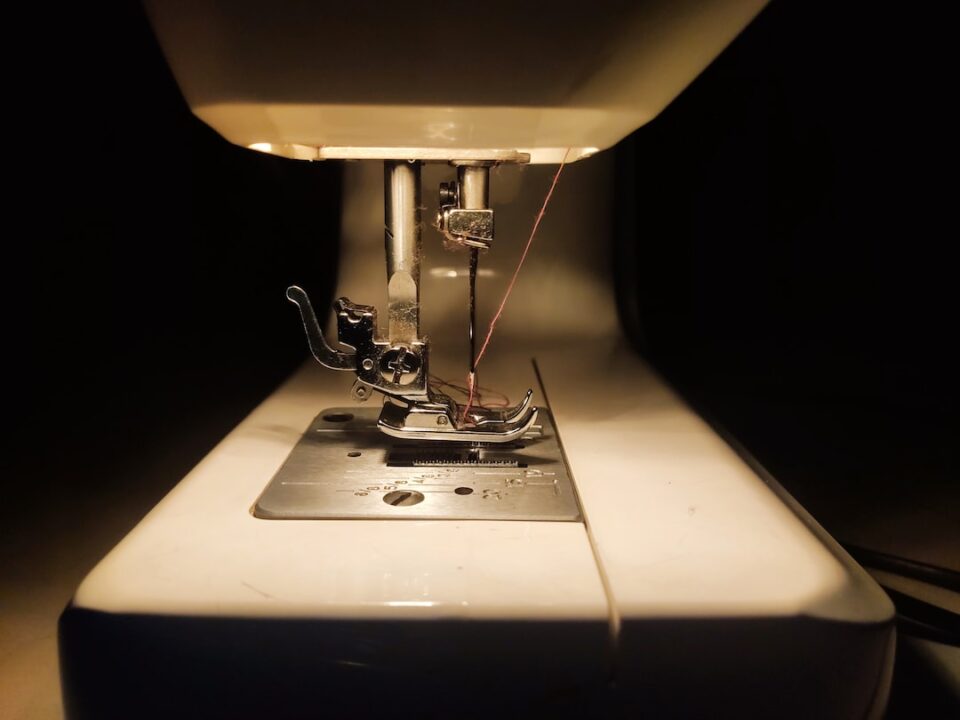Artificial intelligence (AI) has been a topic of great interest and debate in recent years. With the rapid advancements in technology, AI has the potential to revolutionize various industries and sectors. Among the many concerns surrounding AI, one of the major concerns is its impact on the job market. Will AI replace human workers? How will it affect employment opportunities? In this blog post, we will delve into the impact of artificial intelligence on the job market.
AI has the ability to automate repetitive and task-based jobs that are typically done by humans. Tasks that require manual labor or data analysis can be performed with great precision and efficiency by AI systems. This has led to the worry that AI will replace human workers, leading to unemployment and job insecurity.
While it is true that AI has the potential to replace certain job roles, it is important to note that it also has the ability to create new job opportunities. With the automation of routine tasks, human workers can focus on more creative and complex tasks that require critical thinking and emotional intelligence. This shift in job roles can lead to an increase in demand for skills such as problem-solving, decision-making, and interpersonal communication.
Furthermore, the development and implementation of AI technology itself require a skilled workforce. AI systems need to be trained, maintained, and improved upon, which requires human expertise. This opens up new job opportunities in the field of AI research and development. Companies will need AI specialists, data analysts, and programmers to maximize the potential of AI systems.
Another impact of AI on the job market is the transformation of existing job roles. While AI may not entirely replace certain job roles, it can augment and enhance them. For example, in the healthcare industry, AI systems can assist doctors in diagnosing diseases and recommending treatment plans. This allows doctors to focus on patient care and decision-making, while AI handles the data analysis. Similarly, in manufacturing, AI-powered robots can work alongside human workers, enhancing productivity and efficiency.
However, it is crucial to address the potential negative consequences of AI on the job market. As certain jobs become automated, there is a risk of job displacement and unemployment for workers who are not equipped with the necessary skills to adapt to the changing job market. This highlights the importance of investing in education and training programs to equip workers with the skills needed to work alongside AI systems.
Governments and policymakers also have a role to play in ensuring a smooth transition in the job market. Measures such as retraining programs, job placement assistance, and social safety nets can help workers navigate the changing job landscape and mitigate the impact of job displacement.
In conclusion, the impact of artificial intelligence on the job market is multifaceted. While it has the potential to automate certain job roles, it also has the ability to create new job opportunities and enhance existing ones. The key lies in preparing the workforce for the changes brought about by AI and ensuring that workers have the necessary skills to thrive in the AI-powered future. By embracing the potential of AI and investing in human capital, we can ensure a harmonious and sustainable job market in the age of artificial intelligence.

